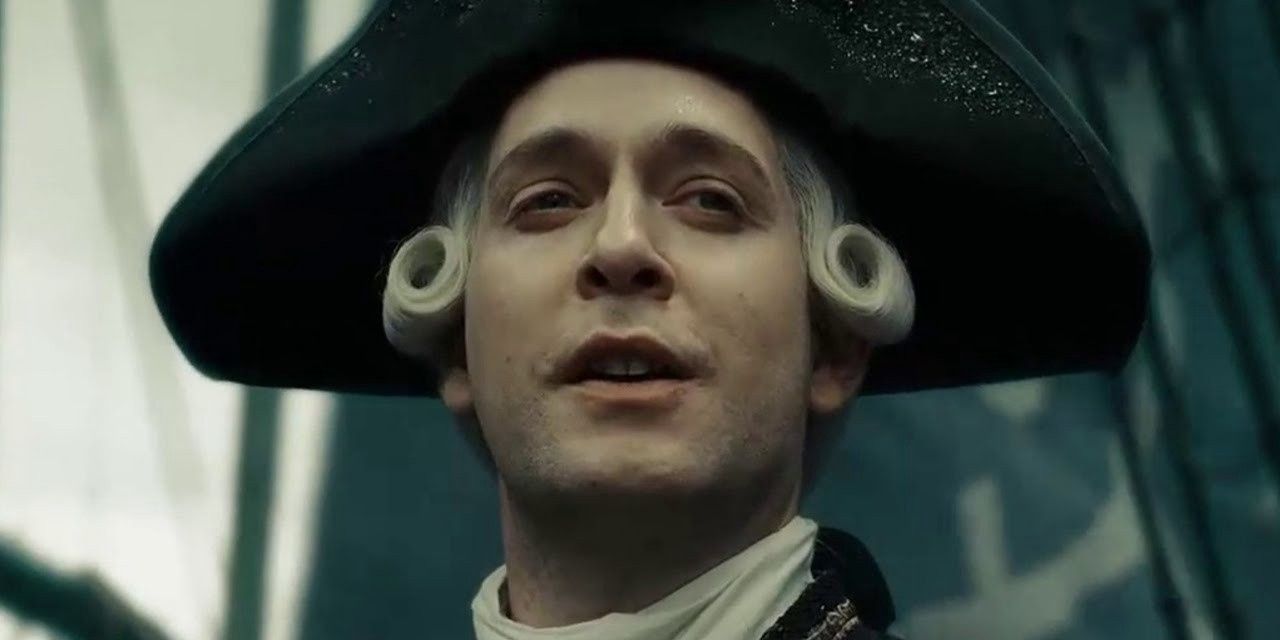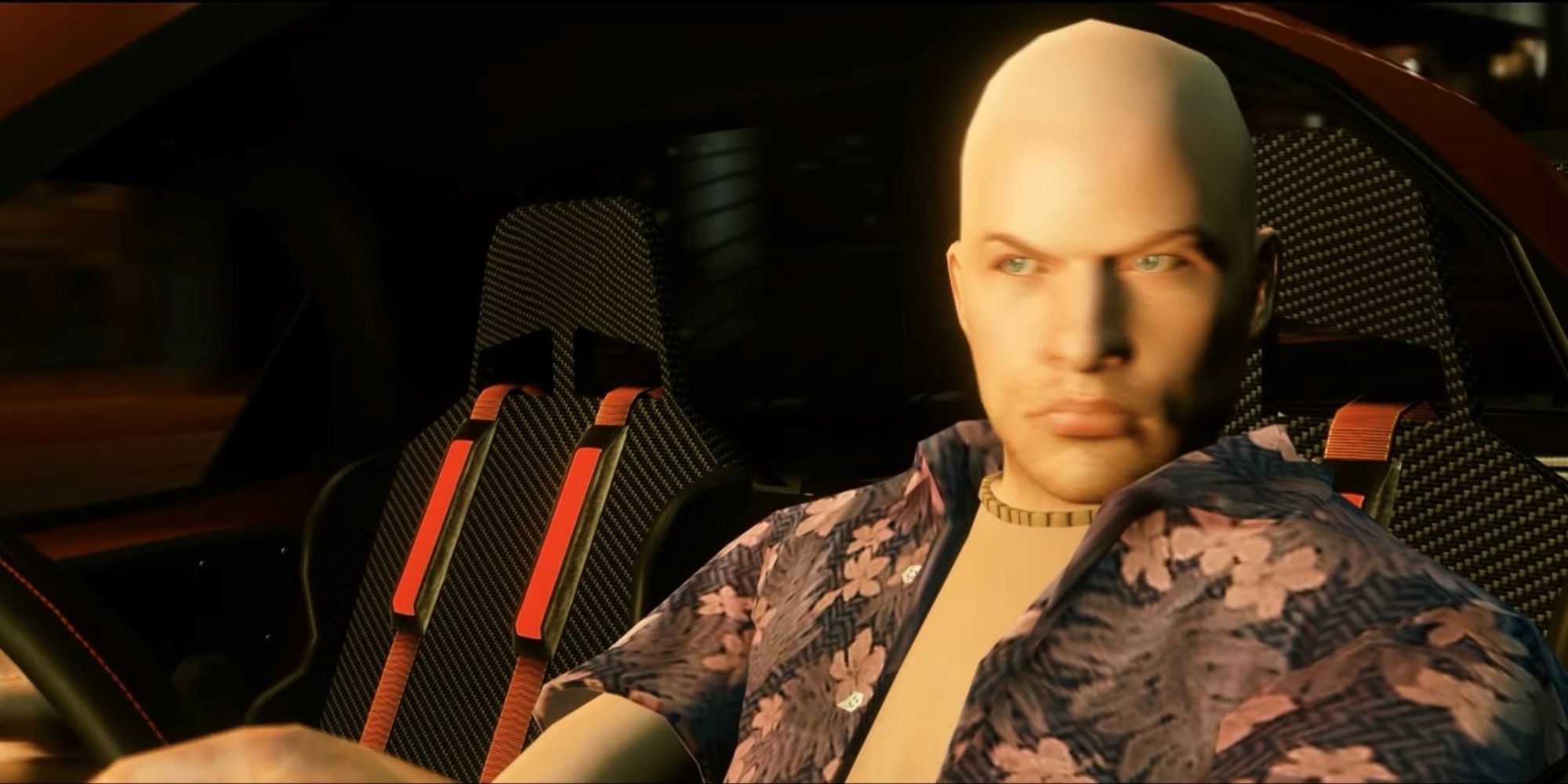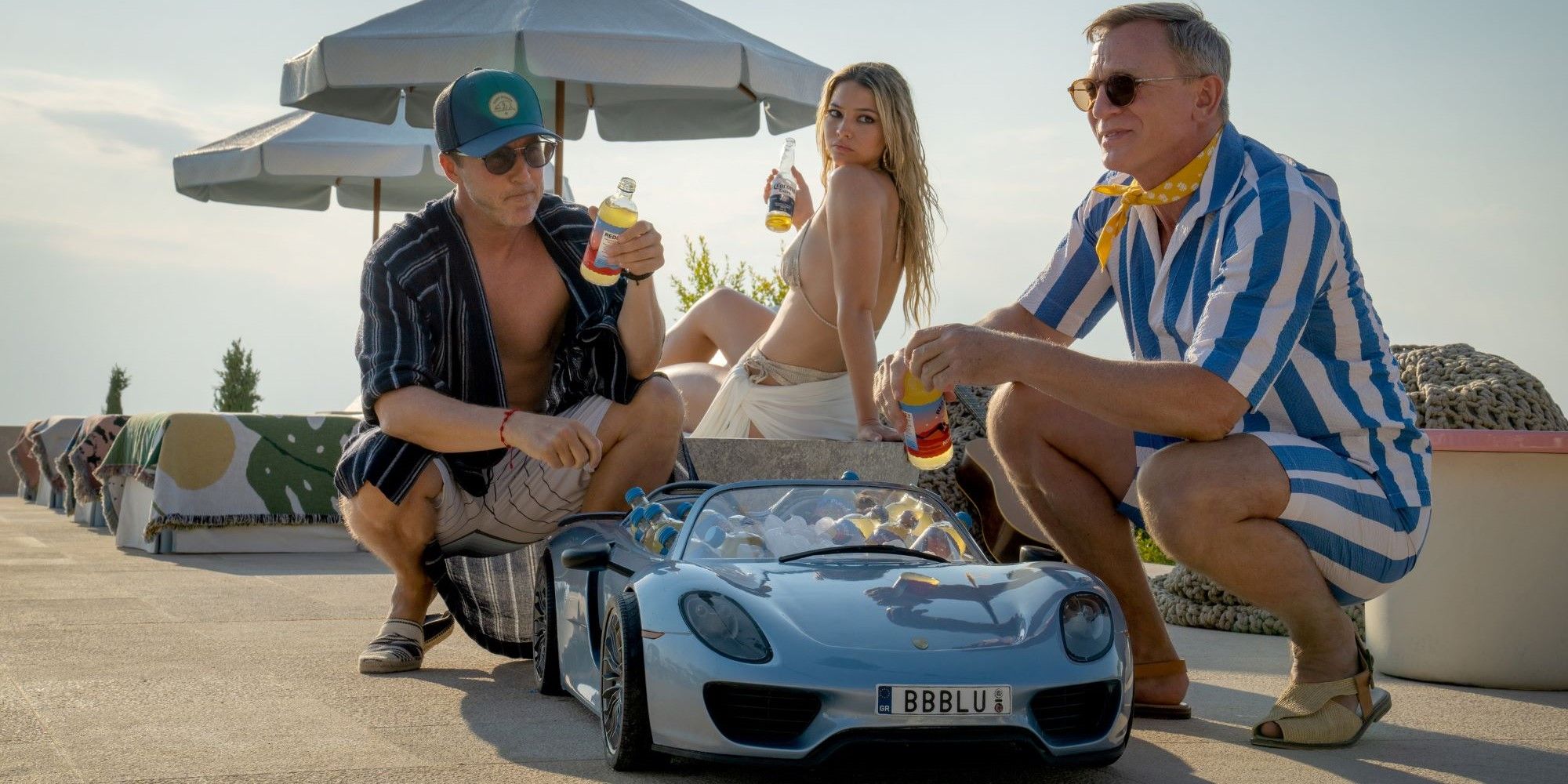Pirates of the Caribbean: The Curse of the Black Pearl starts off as a fairly standard pirate adventure. There’s the East India Trading Company, a (literal) skeleton crew, cursed treasure, and lots of people going “yarrgggghhh!” None of us expected a film based on a theme park ride to spawn such an enormously successful franchise, but stranger things have happened.
Over the years, the films have gotten more and more ridiculous, releasing the Kraken, adding mermaids, featuring ships fighting around a whirlpool, showing the afterlife, and even involving bank heists. They’re blockbusters that are so far removed from the original, it’s hard to remember how we got here, or remember a time when they were just semi-fantastical pirate tales. They’re just like the Fast & Furious films, only with boats instead of Nissans.
The first Fast & Furious movie is about an undercover cop infiltrating an illegal street racing crew that keeps stealing from truckers. It hasn’t aged well, with some rust beginning to show around the edges, but it’s a solid starting point for the franchise. It also inspired Need For Speed: Underground. Like Pirates of the Caribbean, each new installment of Fast & Furious got faster and more furious. Before long, bank vaults were being driven around Rio, military operations were being scuppered with sick drifts, and cars were even being launched into space. This is a film series that used to be about street racing and organised crime, how did we get here?
Films and games both seem to struggle with the need to go bigger and bolder with each new entry. Is it audience expectation or a cynical attempt at retaining and growing a fan base? A bit of column A, a little of column B. It’s hard to stop criticism that a series is stagnating when it’s just racing over and over or looking for buried treasure for the fourth outing in a row, but going to space and the bottom of the ocean means no one can accuse you of copy-pasting a plot.
It’s also easy to skip out on a movie about cars or pirates, but when those cars are taking on tanks and winning, or those boats are flipping themselves underwater to get to some sort of shadow realm, the FOMO starts to kick in if you’re not keeping up.
Last year, I watched every single Fast & Furious and Pirates of the Caribbean film to see where exactly they lost themselves. With Fast and Furious, 5 is the obvious answer. The fourth movie was a heist too, but it was far more grounded than 5’s ensemble cast and final chase scene – 4 is definitely where the new direction found its feet though. With Pirates, it’s got to be 3. The bombastic ship fight around a whirlpool and journey into Davy Jones’ Locker shows the filmmakers were digging deep for the most spectacular and mythical parts of pirate history. Both series have been leaning further into the action genre as time has gone on, but are all film series destined to go the same route?
Like everyone else, I watched Glass Onion over the holidays, the sequel to Rian Johnson’s Knives Out. Much like the original, it’s a murder mystery that takes place mostly at one location, and while it again has a star-studded cast, it keeps the focus on the people in the group and never pulls away. It does end with a big explosion, and the plot is sort of about saving the world from a billionaire idiot’s latest unsafe plans, but it never strays too far from its origins. At its core, it’s about Daniel Craig in his silly little outfits with his silly little accent, solving silly little crimes.
We’ll need to wait for the next Knives Out mystery to see if this series is going to buck the trend or send Benoit Blanc to the moon, but hopefully it maintains its focus. Like the Transformers films with Bumblebee or Taylor Swift with Folklore, we’ve seen how a stripped-back approach can pull in new and old fans alike to ease the fatigue of everything getting bigger and louder. Sequels don’t need to be twice as long and half as deep. Honing in on what makes something tick and polishing it can oftentimes be far more rewarding for everyone.
Source: Read Full Article


